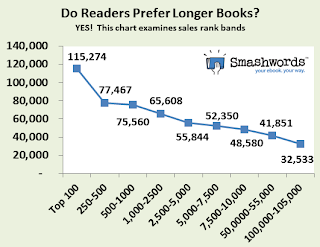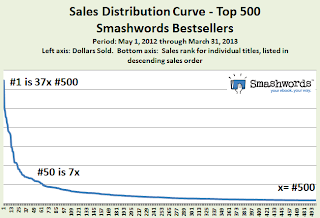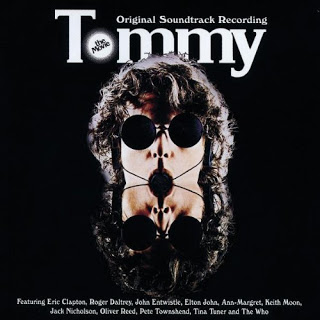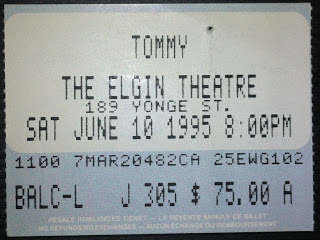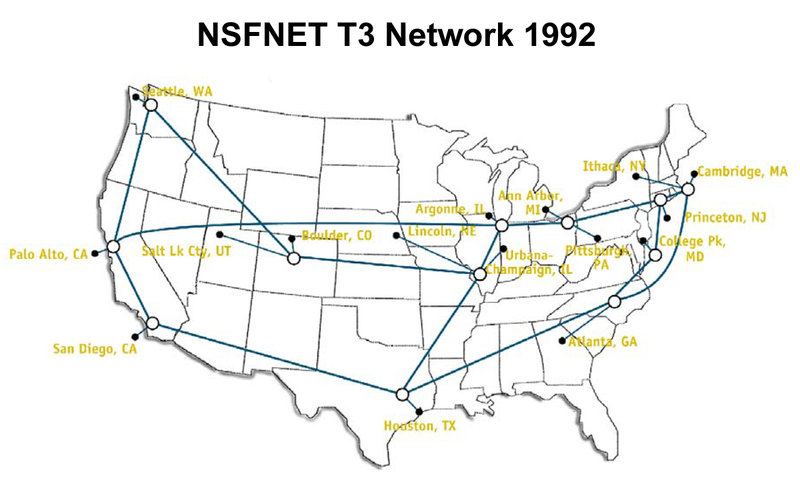Pre-moderating: sensible thing to do or petty censorship?
When it comes to pre-moderating comments on blogs I have to say that I’m a little bit baffled. If you’re a site for children I totally get it; and the same for a news or media outlet, but if you’re just one of a boat load of blogs out there, from the big name to the small time, what’s the rationale for pre-moderating comments?
News sites tend to moderate the hell out of their comments. Given that they are in the business of spreading news to hundreds of millions of people it behooves them to keep a tight reign on the content below their headers. The last thing they need is for some wingnut to fly off the handle in front of an audience the size of most nations.
For most things corporate I understand as well, though I do find it refreshing when the big players don’t turn every web page like a giant legal cover-your-ass exercise. The Google Blog doesn’t moderate their comments – at least it doesn’t pre-moderate them (it’s possible they just delete anything that doesn’t meet their standards for submission after it’s posted). While Google isn’t exactly a small time company they’re also well known for being a little more relaxed about things so I’m taking the absence of pre-moderation of comments for what it’s worth.
As for my little corner of the blogosphere I just can’t wrap my head around the idea that a comment would need my approval before I allowed it on my site. It smells a little bit like censorship, don’t you think? Besides, who the hell am I to say what people can and cannot say about something I fully intended the entire Internet to read (or at least a few hundred people)?
Back in 2005 I had a different blog and one particular asshole starting commenting and causing a ruckus. For a time I just didn’t allow comments in hopes he would find someone else to hassle but realizing that it wasn’t fair to other readers who did want to comment I turned them back on. It was at this point that I tinkered with the idea of moderating the comments. In the end I chose not to, but had my finger on the “report” button just in case he got out of hand. He never did. Contrary to some beliefs, there are a lot of problems that will just go away if you ignore them.
A brief poll to a few friends who blog and a little bit of research on the web dug up the following nuggets of extrememly precise data:
- A large number do not moderate their comments
- Many only moderate for spam
- Some use a form of word verification
There’s lots of comment plug-ins for the popular platforms like Blogger and WordPress and both have at least a couple variations on moderation. Another one is Disqus, which I used for a while but abandoned for reasons I don’t remember.
But to the question at hand, is it just best practice or are we making it out to be worse than it is? As far as my blog goes, I’ve decided that until I actually have a problem I’m going to keep doing what I’m doing. I like to think of it as giving the public an opportunity to disappoint.
So far, they have not (except this person).
~ Andrew
For those interested, here’s a sampling of a few news sites and their moderation policies:
NY Times
Click this sentence for just the policy text


